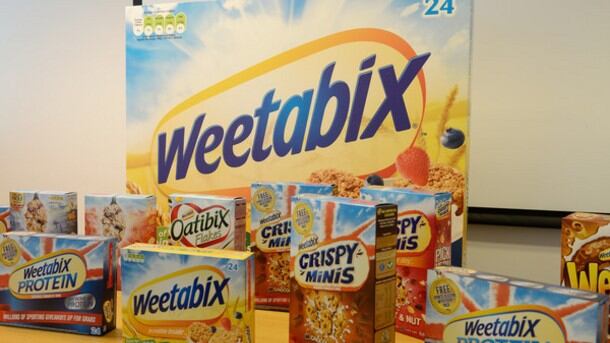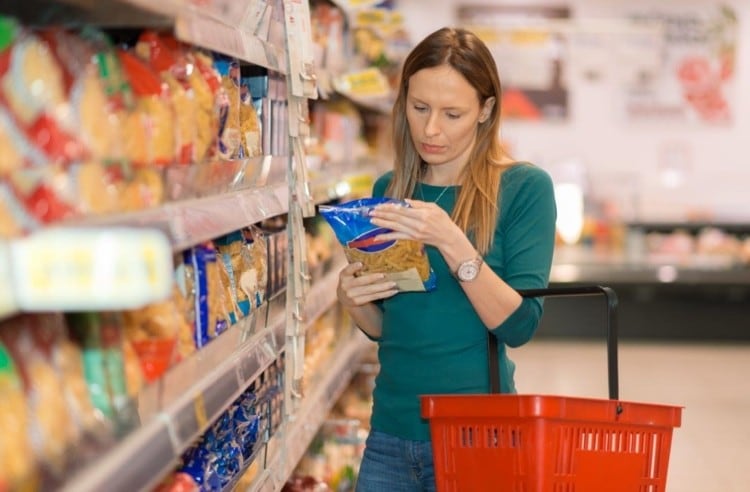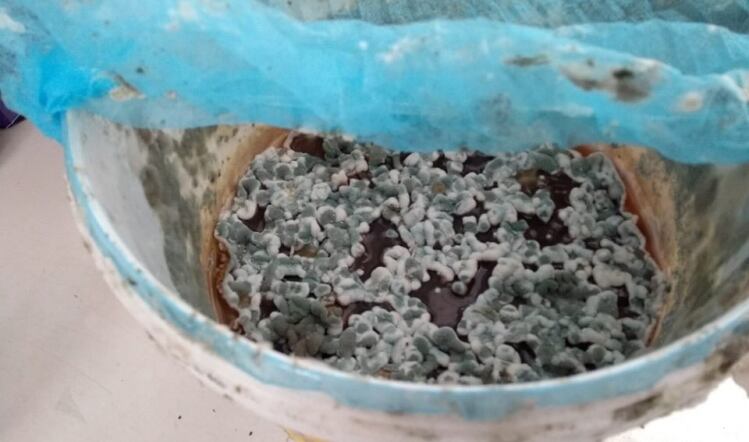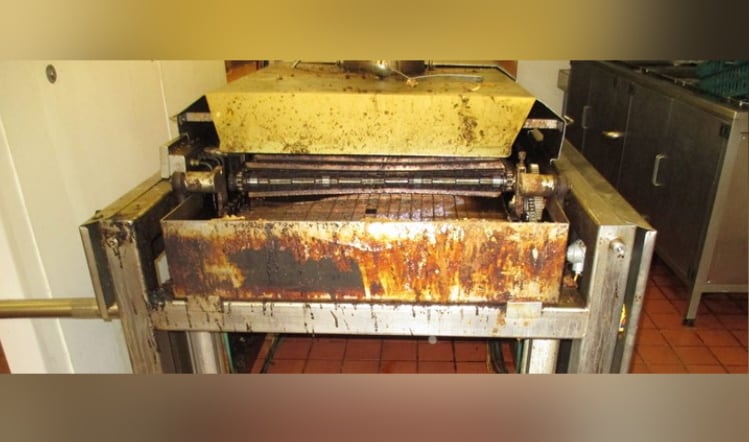The fine followed a prosecution by the Environment Agency against the cereal manufacturer after it allegedly dropped thousands of litres of diesel fuel into the River Ise in Kettering.
As a result, fish and plant life in and around the river were put at risk, with a clean-up operation costing the firm £500,000.
The agency told Food Manufacture that it was “staggering” that the firm had not acted sooner to prevent the potential damage.
‘Staggering’
“It’s staggering that for almost a decade, Weetabix knew they were at risk of causing a serious pollution and still failed to protect the environment,” a spokeswoman said.
“The sheer size of the leak posed a massive threat to the river and the delicate life-cycles within it, and the company had it within their power to prevent that leak ever occurring, but sadly, they chose to ignore the problem.
“It’s our job as a regulator to protect people, wildlife and our precious natural resources, and this case demonstrates that we won’t hesitate to take action against those who fail to live up to their environmental responsibilities.”
Weetabix told Food Manufacture that it had accepted the decision and would be stepping up its environmental efforts going forward.
“We respect the court’s decision and regret the circumstances of the incident. We have worked closely with the Environment Agency during their investigations, and our plea reflects how seriously we take our responsibility to the local environment,” a spokesman said.
Sustainable farming
“We have operated safely and securely from our site in Burton Latimer since 1932 and are proud of our local record, which includes promoting sustainable farming through our Wheat Growers’ Group.”
Meanwhile, in April, NHS Supply Chain denied claims that it would be delisting Weetabix products to save hospitals £420,000 on breakfasts.
Earlier this month, Sustainable Food Trust head Patrick Holden called for a more honest supply chain, accounting for the environmental, social and economic costs of production.




